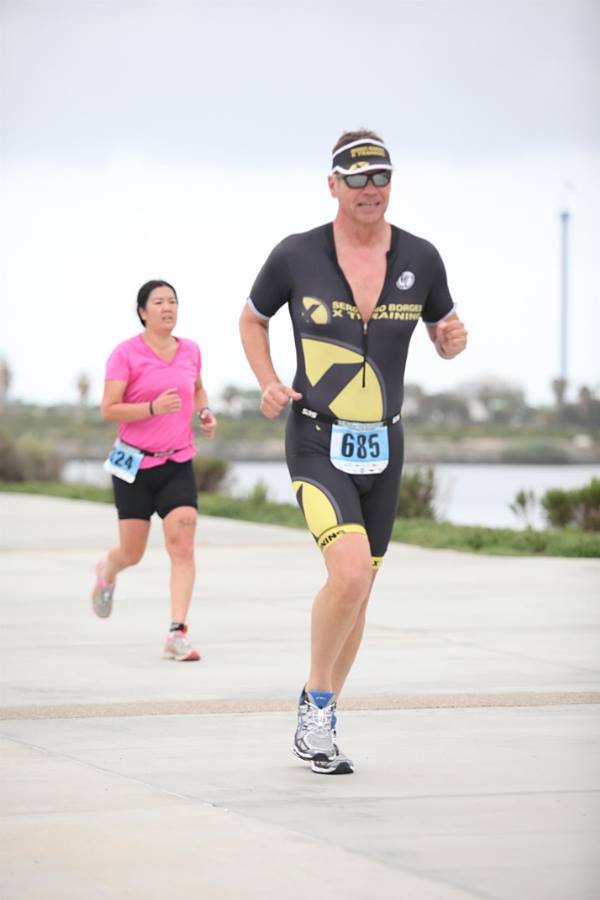What happens to you when you’re dehydrated? And how do detect?
Bike Technique, December 16, 2016
I see athletes making mistake with hydration over and over at races and during training. Improper hydration can affect race and training performance, and also recovery. Check below what happens to you when dehydration and the symptoms.

What happens to you when you’re dehydrated? And how do you feel?
The following are physiologic responses to dehydration.
* A decrease in blood volume, reducing the amount of oxygen-rich blood delivered to the brain and the muscle (This negatively impacts muscle function, energy production and mental/cognitive performance.)
* An increase in heart rate (Due to lower blood volume, the heart compensates by beating faster to circulate more blood.)
* An increase in perceived exertion of exercise
* An increased risk of gastrointestinal distress (This is due to a delayed stomach emptying.)
* An increase in the body’s core temperature, risk for heat illness, heat stroke and injury (This is due to the increased loss of sodium in sweat and reduction in sweat production.)
Signs of dehydration include
* thirst,
*nflushed skin,
* premature fatigue,
* increased body temperature,
* faster breathing and pulse rate,
* an increased perception of effort and
a decreased exercise capacity.
Other sign (that may occur later) include
* dizziness,
* dark colored urine,
* chills,
* muscle cramping,
* increased weakness and
* labored breathing during exercise.
